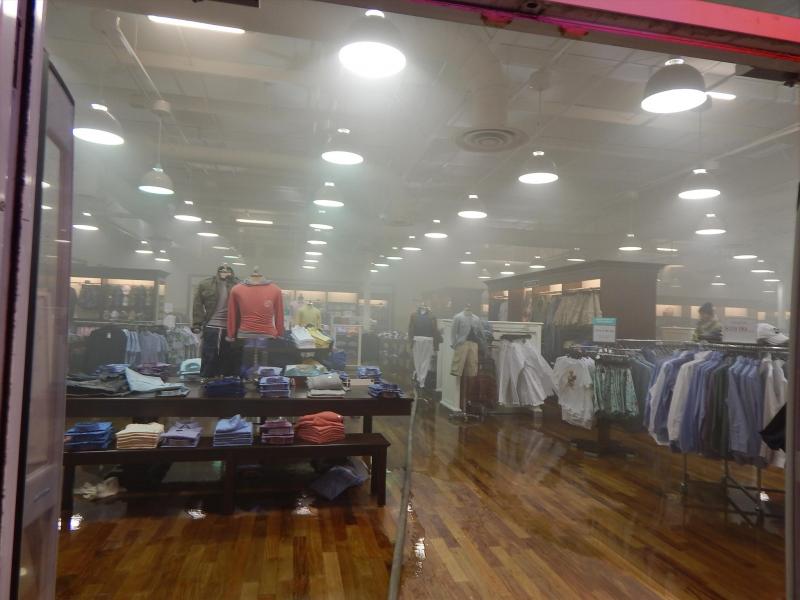
Type of Matter:
An insurance claim for a fire that destroyed one of two store locations was the catalyst for potential litigation against the insurance company.
Facts:
In the middle of the Christmas shopping season, a high-end retail location was destroyed by fire in the early hours of the morning. Fortunately the store was closed so there were no injuries. However, the store was a total loss. Not only were holiday sales lost but there would be extensive repairs and remodeling to do before the store could be reopened. The rotten timing of the disaster was heightened by the fact that the store, like most other in its industry, was just beginning to recover from a deep and prolonged recession. A strong holiday season was needed to survive.
What followed was a fairly typical give-and-take between an insurance company, that wanted to pay as little as possible, and an insured, who wanted to get back up-and-running as quickly as possible. Eventually, the insurance company stopped paying on the policy because policy limits had been reached. The business needed more cash to effectively open the store.
The insured contacted an attorney whom in turn, contacted Arxis Financial to assess what, if any, damages may be recoverable.
Arxis Work:
We confirmed that, under the policy, the contractual funds had been paid. However, it became obvious that the company had been starved of cash to the point that recovery was now impossible. An analysis of historical cash flow required to maintain the business was prepared and then compared to the cash flow available after the fire. This analysis showed that within 30 days of the fire cash was sufficient. However, within 60 days of the fire the cash deficit was over $100,000 and by the end of the first 12 months post-fire the cash deficit was well over $1,000,000. We prepared an analysis that clearly showed that if the insurance company had made timely payments, the business could have survived. In short, there were two disasters: first, the fire, and second, the bureaucratic delay and obstruction of the adjuster.
Unfortunately, the business was not able to recover from these disasters and ultimately failed. As noted above, the business actually consisted of two locations. One was destroyed by fire and the other remained open and was instrumental in helping to overcome the delay of the insurance company. Ultimately, the double disaster of the burned store took down the entire business as there was simply not enough cash flow to maintain inventory and get the store open. Arxis Financial prepared damage calculations showing the cumulative losses incurred after the fire, including the significant post-fire cash infusions provided by the owners.
Result:
The insurance company rejected the premise that the business was lost because of their delay in paying on the loss. The case was heading towards litigation and seemed to be destined for a jury decision. At the eleventh hour a settlement was reached that closed the case. The insurance company paid a sum agreed upon in the settlement (terms cannot be disclosed), implicitly acknowledging that our theory of damages was credible.
